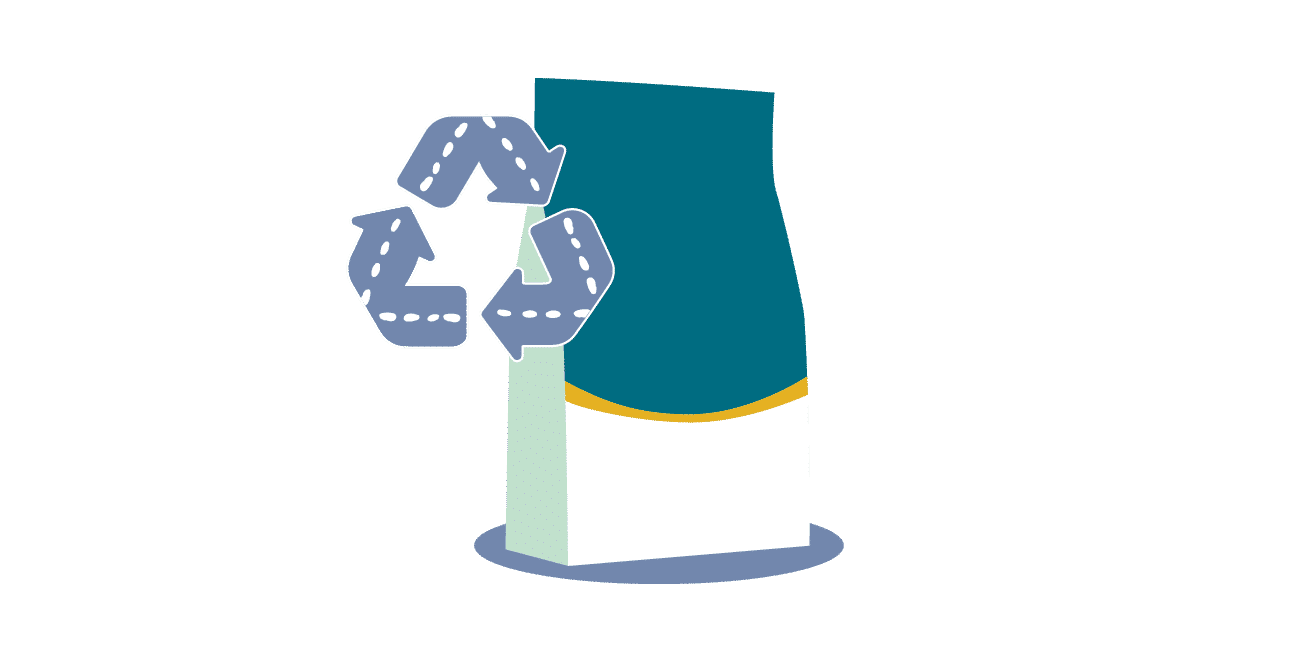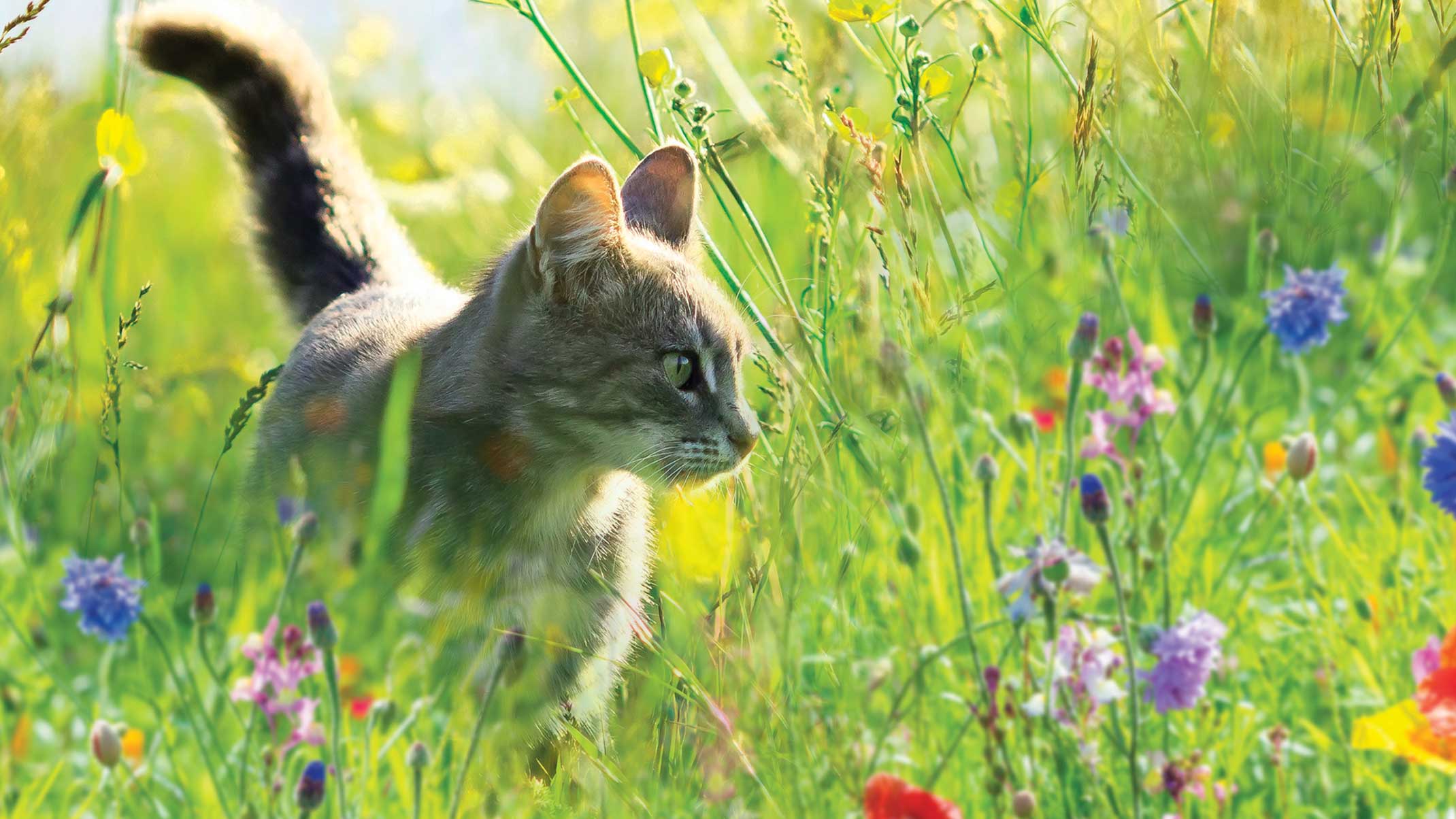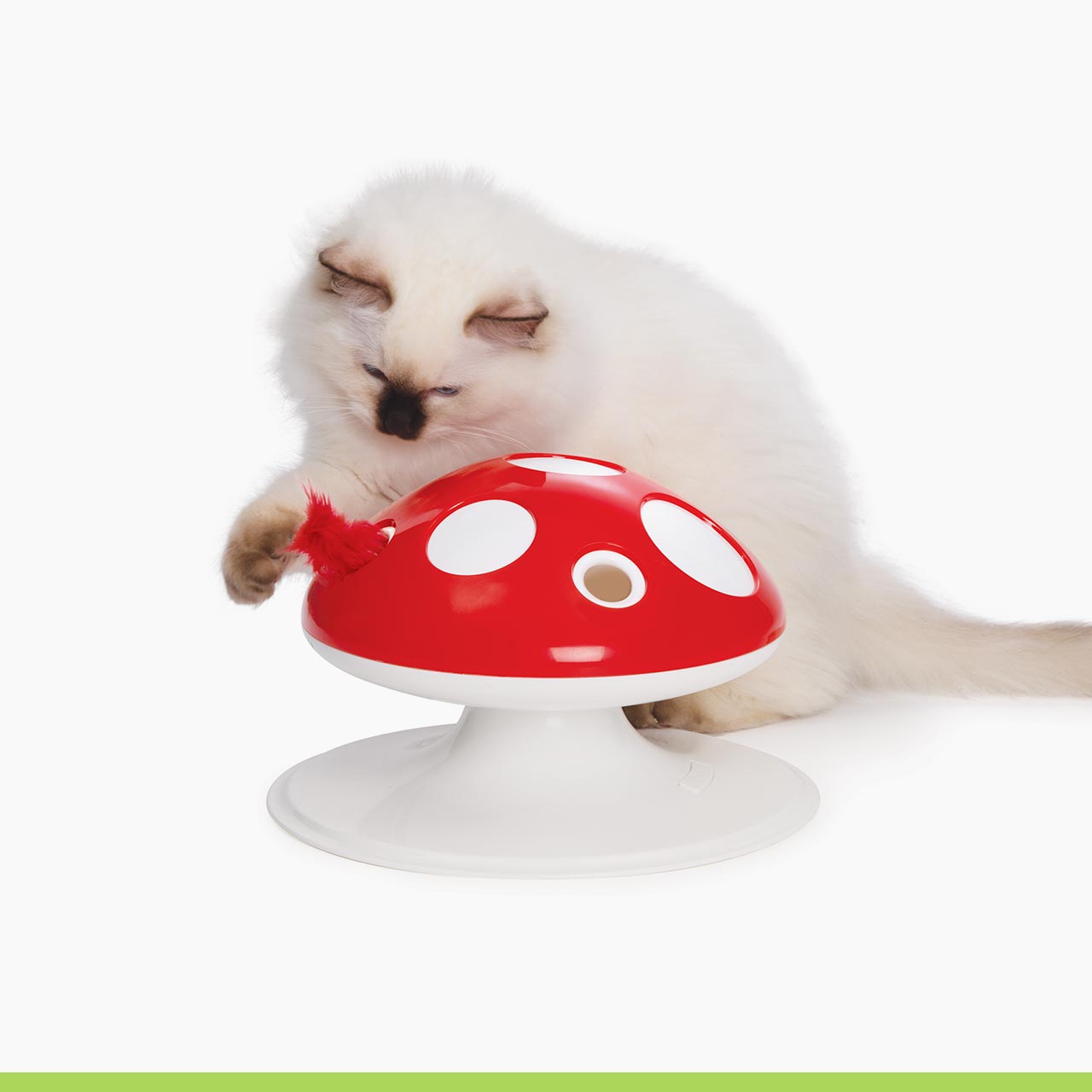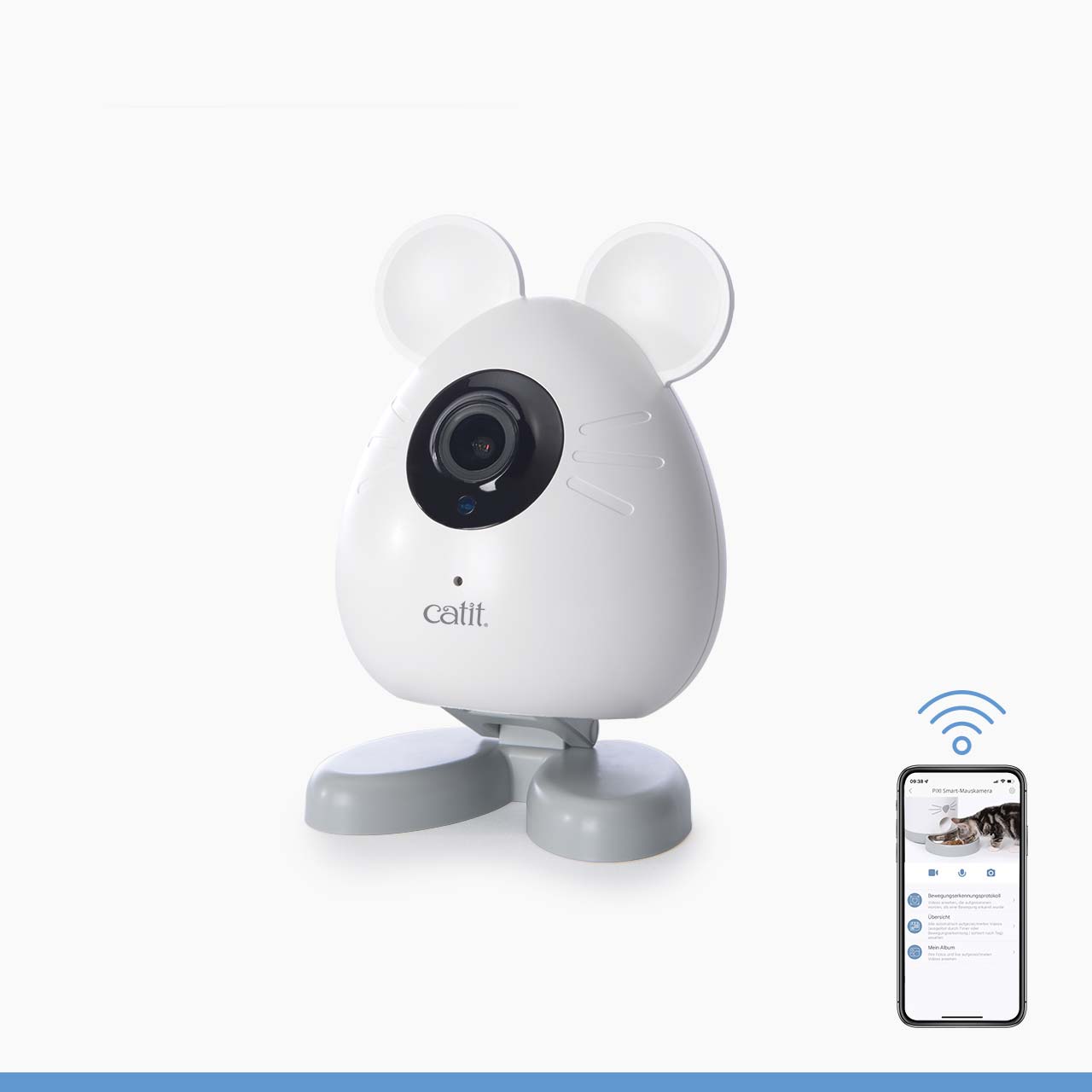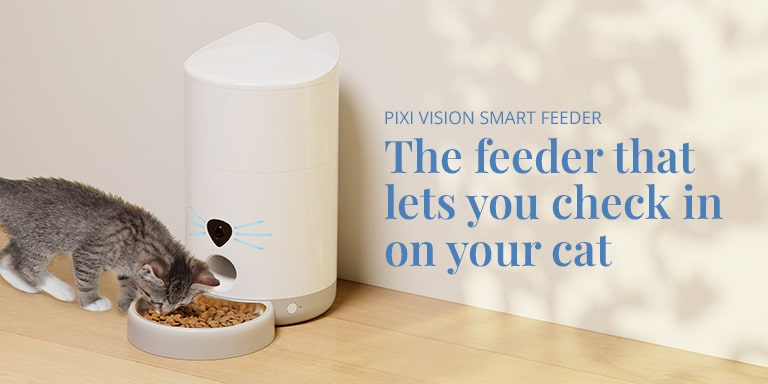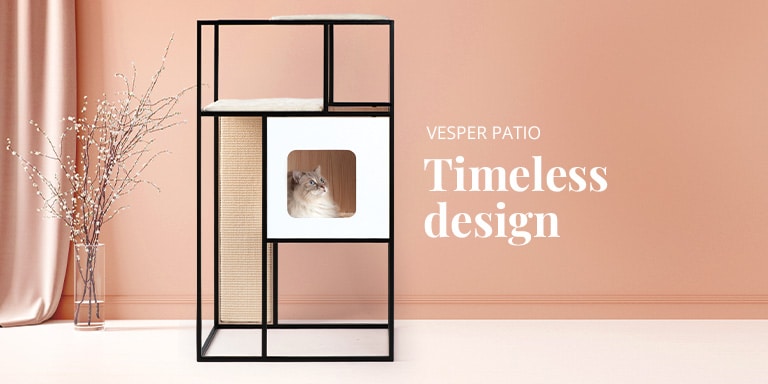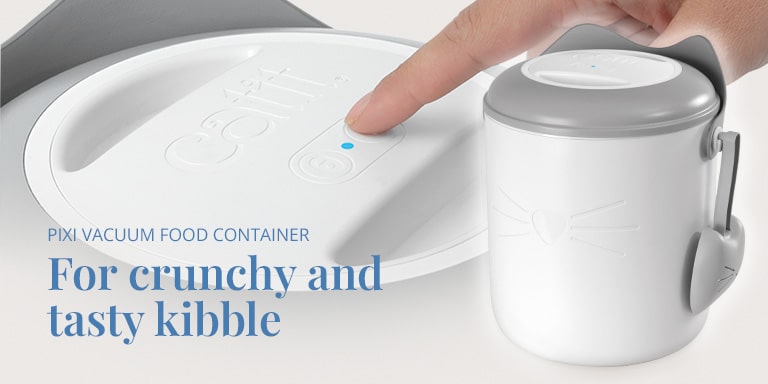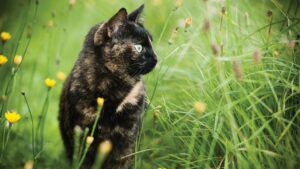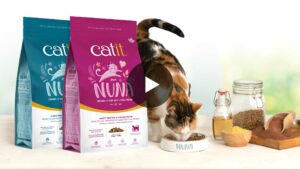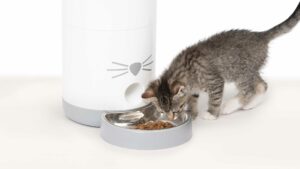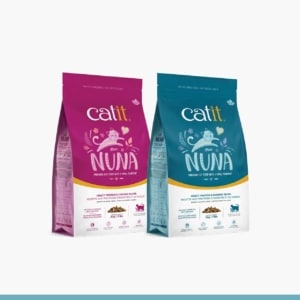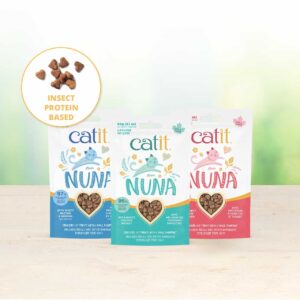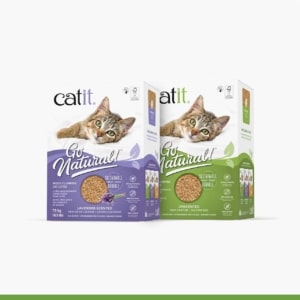In this article
#1 Conserving water
It takes an immense amount of water to raise cattle or chickens. Raising insects, however, barely uses any water. Did you know that by feeding your cat one bag (5kg) of Catit Nuna, you save up to 13,592 glasses* of water? That’s about as much water as 2 people drink in a year!
(* Comparison based on one 5kg bag of Catit Nuna Insect Protein and Chicken vs a premium beef-based dry food with a comparable protein level. Based on 250ml glasses.)
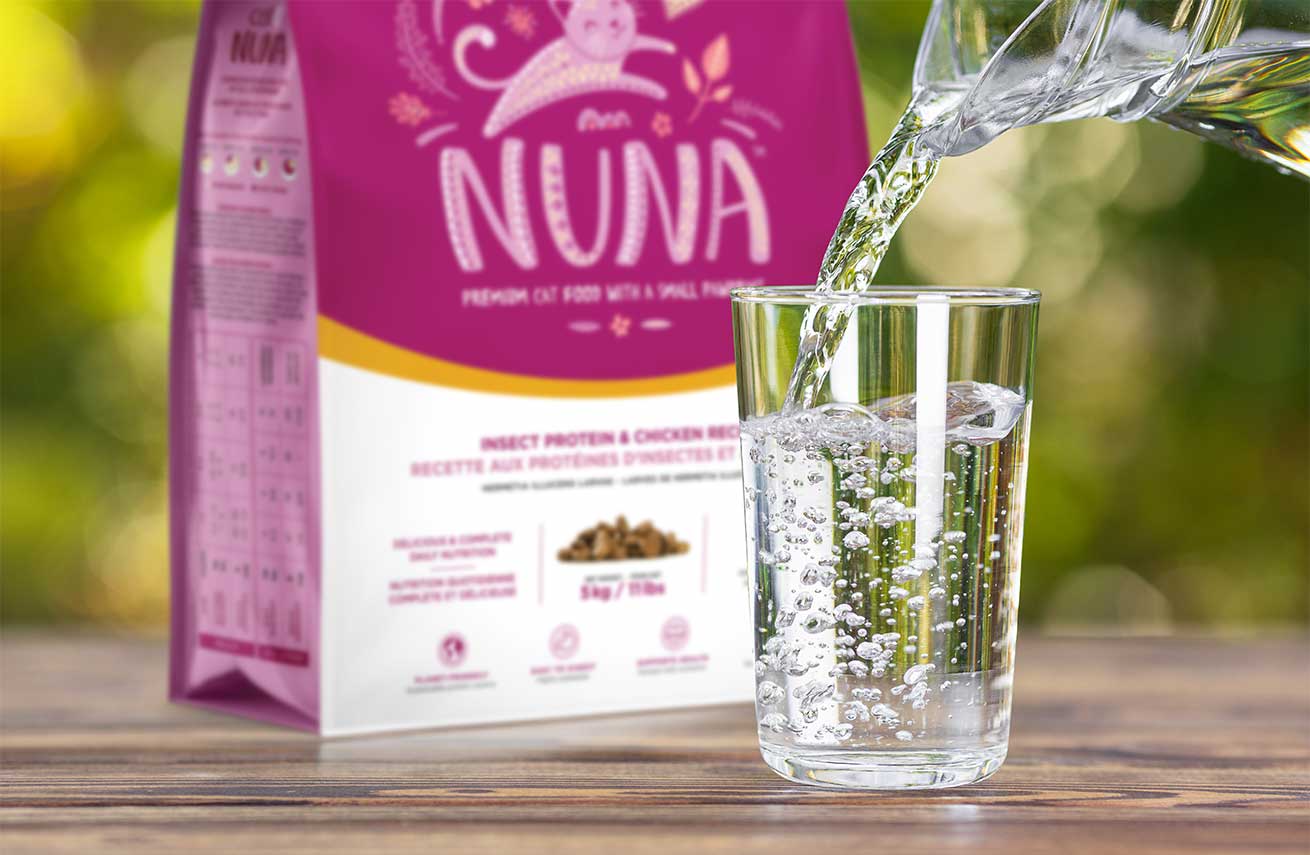
#2 Saving land
While raising larger animals requires quite a lot of land, insect farms are stacked vertically, saving a vast amount of land for horticulture or forest management. The illustration below compares how much land is used to produce 10kg of protein, between beef and chicken-based food and our grubs.
(This data is based on studies of several institutes, among which the American Institute of Biological Sciences and the Food and Agriculture Organisation of the United Nations (FAO).)
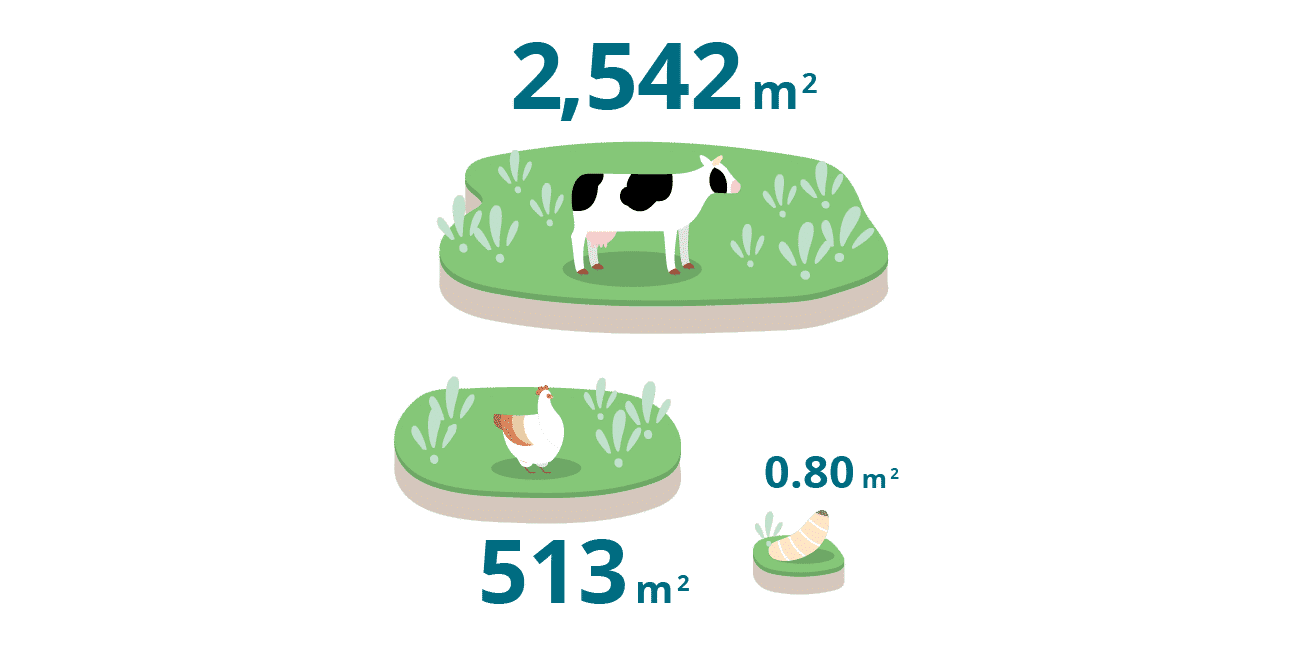
#3 Reducing CO2
We think of meat as chicken tenders or a juicy steak, but insects are meaty too! The big difference is in CO2 emissions. Traditional meat (and feed) production emits more carbon dioxide than all cars on the planet combined. Luckily, rearing insects produces far, far less! Just one 5kg bag of Catit Nuna saves 100kg of CO2, which is like fully charging your smartphone 15 times!
(* Comparison based on one 5kg bag of Catit Nuna Insect Protein and Chicken vs a premium beef-based dry food with a comparable protein level.)
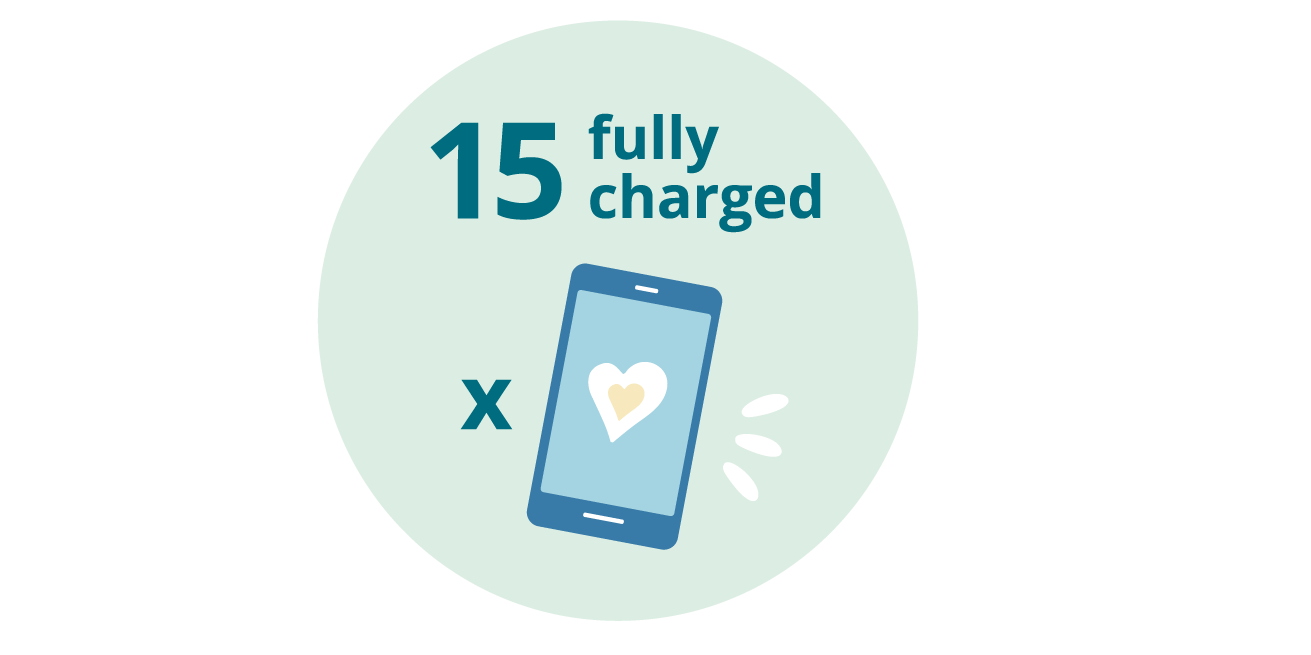
#4 Reducing waste
Cattle and chickens have lots of inedible parts. Everything that can’t be used in food production typically ends up in landfills. In contrast, Catit Nuna grubs are 100% edible and nutritious, so nothing is wasted!
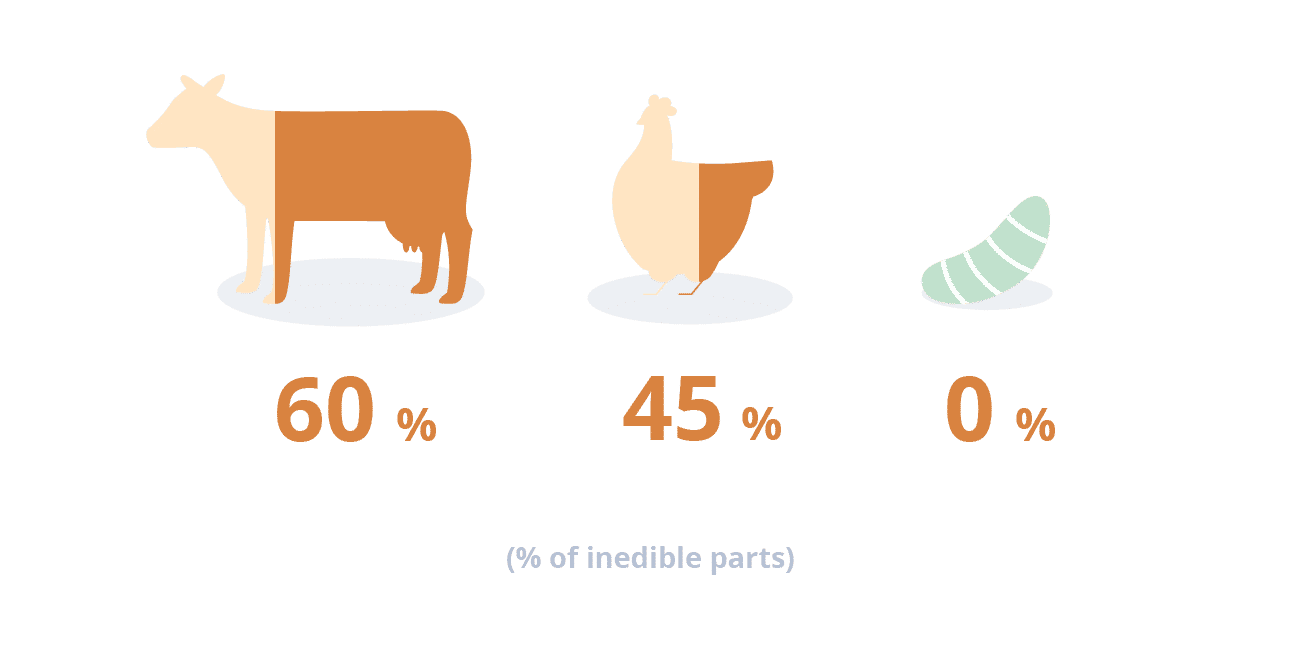
#5 Recovering unused resources
For every kilogram of Catit Nuna, our grubs consumed about 160 kg of unused fruits, vegetables and cereals, all originating from reputable, traceable sources. This wholesome approach reduces the volume of waste, while delivering high-quality nutrients for your cat!
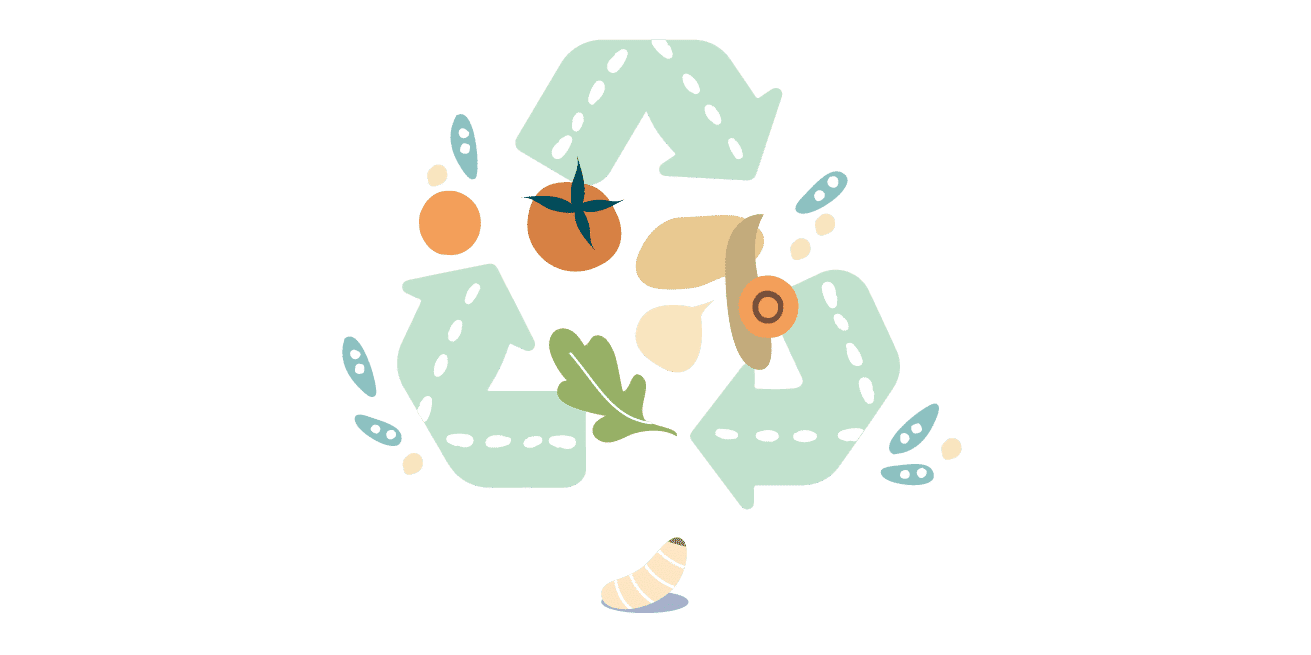
#6 Preserving the ecosystems of the sea
Studies have shown that the world’s oceans could be virtually emptied of seafood in 30 years’ time. To help preserve the ecosystems of the sea, Catit Nuna recipes only include sustainably sourced, MSC-certified herring.
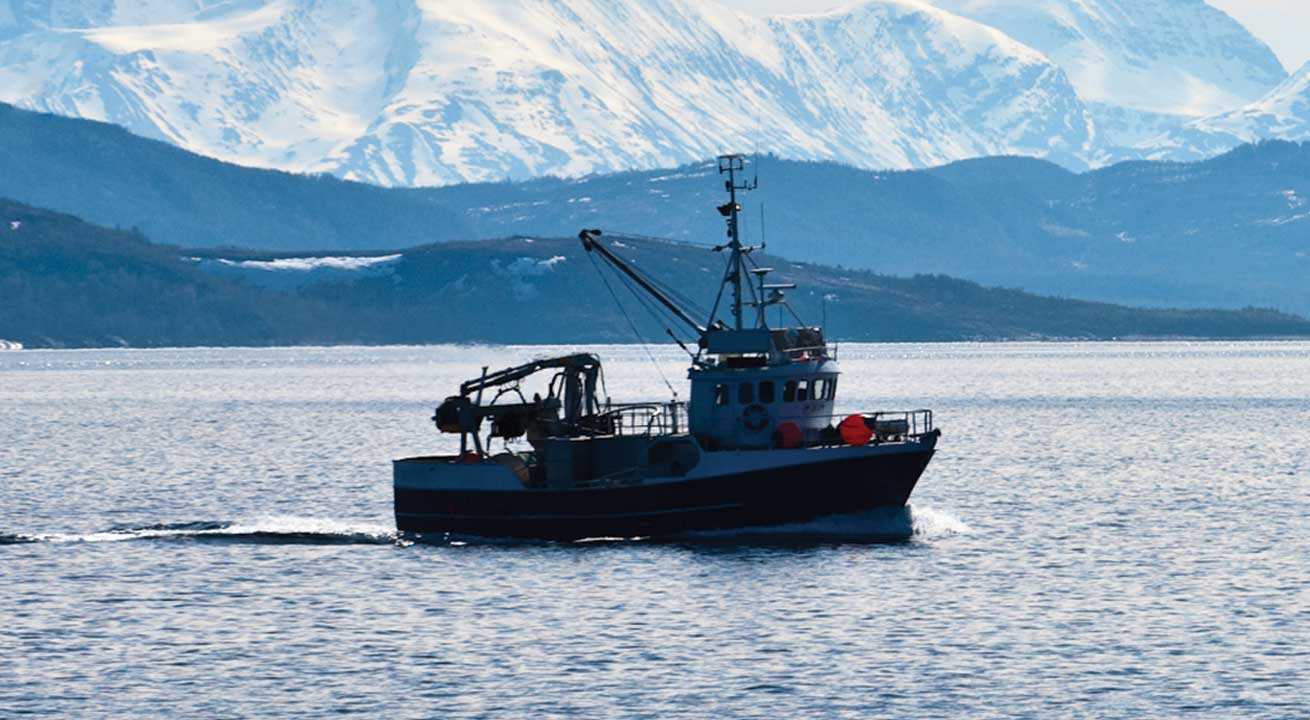
#7 Using 100% recyclable packaging
Unlike most food packagings, Catit Nuna bags are made solely of low-density polyethylene (LDPE), and can be recycled into other products. Make sure to dispose of them correctly so they can go on to live a second life.
